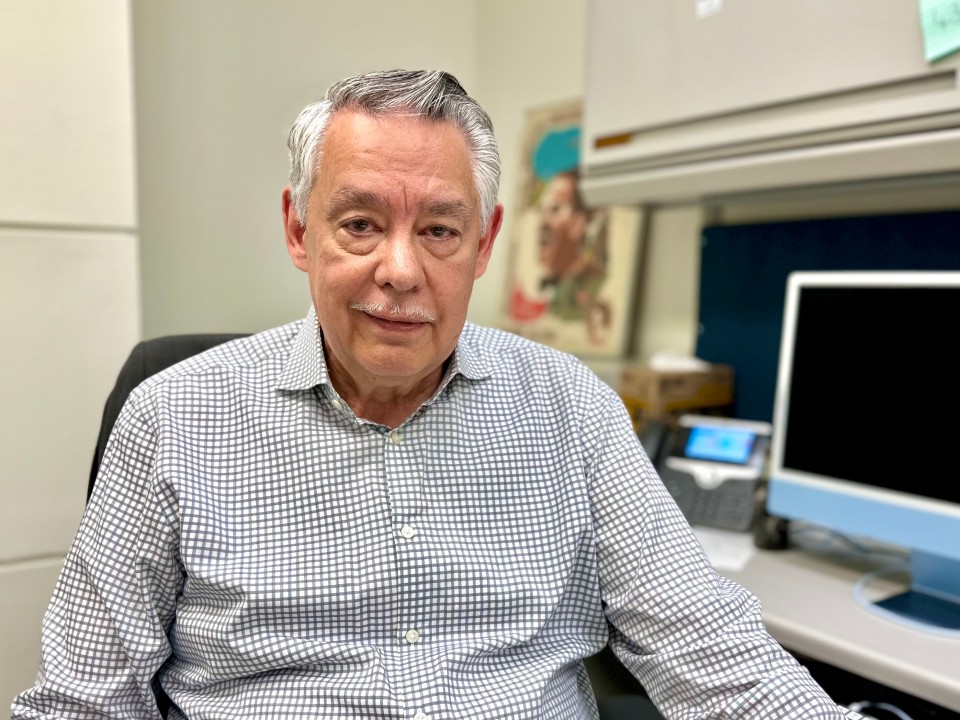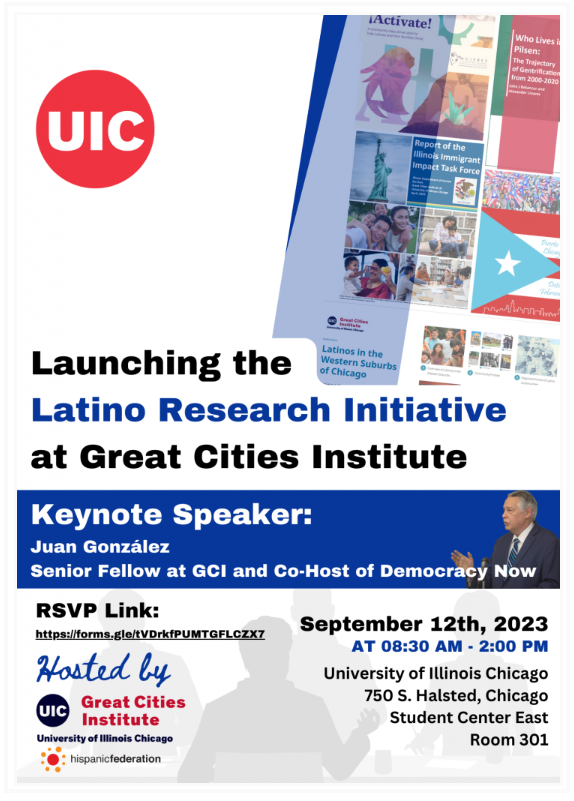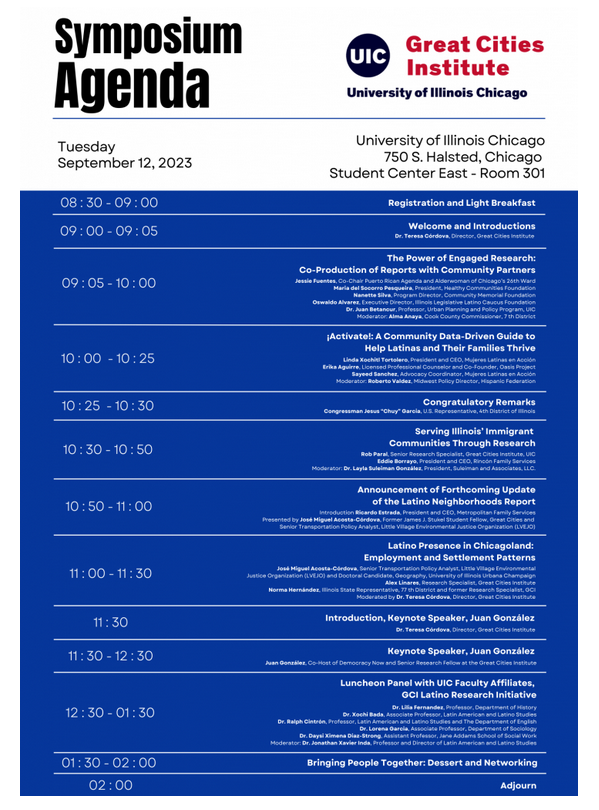Juan González, on Democracy Now!, discusses his new report on “The Current Migrant Crisis,” about how U.S. policy toward Latin America has fueled historic numbers of asylum seekers. He argues U.S. “economic warfare” against countries like Cuba, Nicaragua and Venezuela is what motivates many migrants to risk the journey north. “We’re seeing this enormous increase from these three countries. What do all these three countries have in common? They are all being subjected to United States sanctions,” says González. “The sanctions are reducing the ability of people to survive in the region, and then we’re surprised by all these people appearing at the border.”
From Democracy Now! (An independent global news hour that airs on over 1,500 TV and radio stations Monday through Friday. Watch our livestream at democracynow.org Mondays to Fridays 8-9 a.m. ET.)




